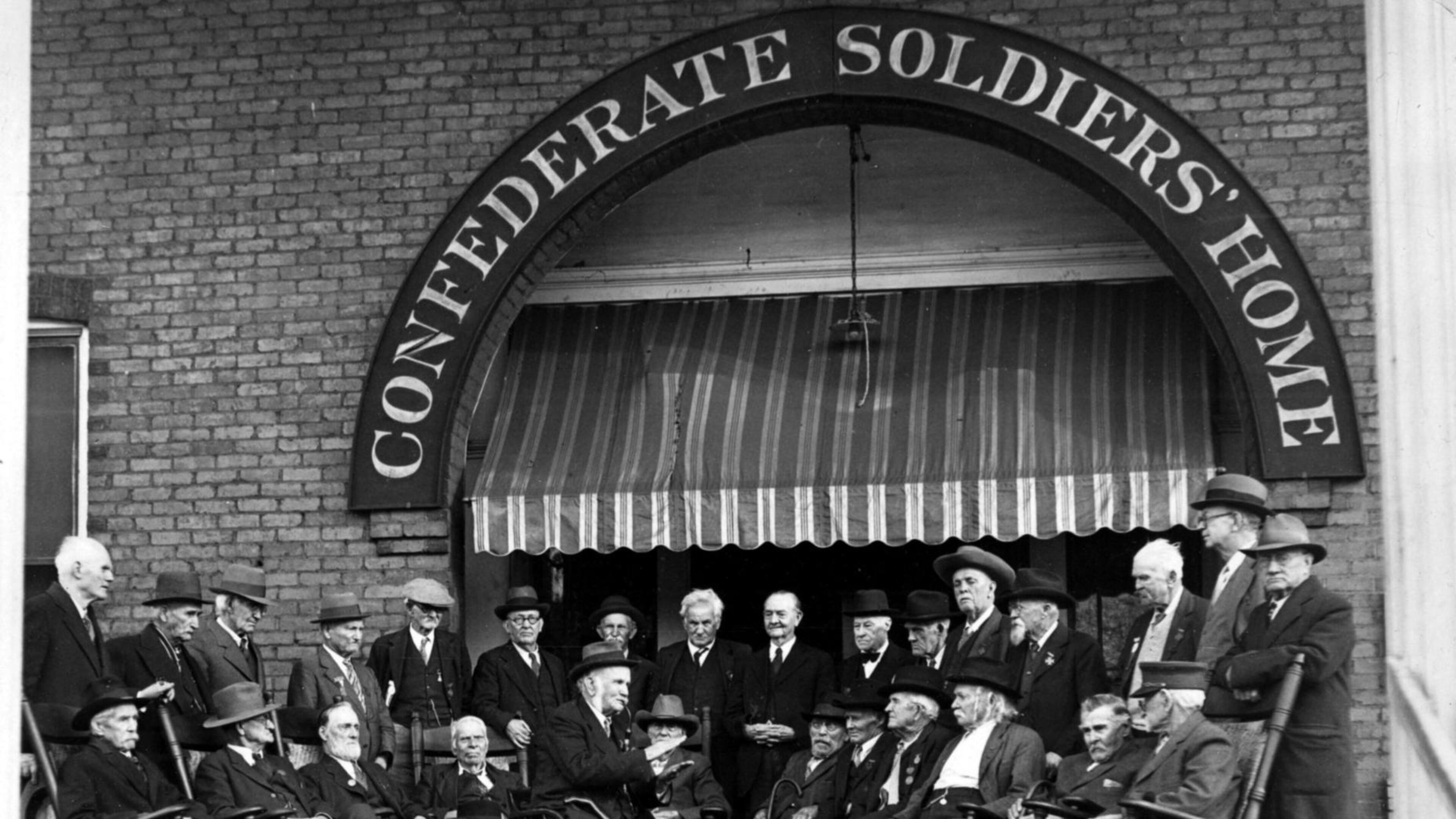Atlanta mayor signs bill changing Confederate street names
Atlanta Mayor Keisha Lance Bottoms signed a bill Wednesday officially renaming three city streets with Confederate in their names.
Confederate Avenue and East Confederate Avenue will be renamed United Avenue and United Avenue S.E., respectively, and a third street, Confederate Court, will be renamed Trestletree Court, after apartment buildings that are on the street.
Residents of the neighborhoods chose the new names, and new street signs are expected to begin going up after Thanksgiving. About two dozen signs will be affected. A formal ceremony commemorating the change will be held during the Martin Luther King Jr. holiday in January.

After a months-long campaign that included meetings, door-to-door canvassing and a ballot process spearheaded by residents who live along the streets, the renaming measure got the unanimous vote of the Atlanta City Council on Monday.
In a small, private ceremony on Wednesday attended by City Council member Carla Smith, who pushed the legislation through, Bottoms turned the page on a contentious issue. The two were flanked by a small contingent of Grant Park and Ormewood Park residents who also helped shepherd the measure through with a long and sometimes tense campaign.
“Atlanta is once again showing America who we are,” Bottoms said.
Bottoms’ action is the latest in a series of efforts across the South to deal with Confederate iconography. But the renaming originated with the people who live on and travel the southern Atlanta artery every day.
The mayor characterized the renaming as “a change that helps put the divisions of the past behind us and moves us forward in the spirit of a united Atlanta.”
Smith, who has been working with neighbors since last winter to replace the name, teared up toward the end of the signing ceremony.
“I feel as if a weight has been lifted,” Smith said. “And now, our precious, impressionable children will no longer stand at the bus stop under the old name, but can proudly look up and see the sign ‘United Avenue.’”
Bottoms said she was not worried about a backlash to the new moniker, saying the process that led to the change was “the Atlanta way.”
But some people remain against the change. Will Dean, who has lived on Confederate Avenue for several years, said at a public “listening session” last month about the street names that it was “important to maintain history.” Reached Wednesday afternoon, Dean said the mayor’s action was “very disappointing.”

Residents of the Grant Park and Ormewood Park neighborhoods have been trying for years to change the name of the avenues, powerful and literal reminders of the Confederacy and its aftermath. For years, many residents said that legacy represented a racist, treasonous regime that fought the Civil War to keep the institution of slavery alive in the South. Others balked at such characterizations, saying that the Confederacy and memorials to it were simply about Southern heritage and pride.
After the 2015 mass shooting of African-American churchgoers in Charleston, S.C., and the 2017 killing of a counter-protester at a white supremacists’ rally in Charlottesville, Va. — where Confederate iconography was prominent — the push to rename Atlanta’s Confederate street names surged.
The effort accelerated earlier this year as residents renewed their campaign to get enough signatures of property owners along the affected streets. City ordinance requires 75 percent of the property owners to sign off on a name change before the City Council can vote on it.
RELATED PHOTOS: Confederate memorials in metro Atlanta
RELATED MAP: Atlanta streets named for the Confederacy
The immediate renaming of the two avenues was recommended by an 11-member advisory committee set up last fall by then-Mayor Kasim Reed and the City Council. Before it dissolved in November, the Advisory Committee on City of Atlanta Street Names and Monuments Associated with the Confederacy suggested several actions the city should take to remove or address Confederate iconography. Smith and fellow City Council members Michael Julian Bond and Natalyn Archibong are part of a new, three-member panel charged with coming up with a plan to implement the advisory committee's recommendations.
The panel has met twice since September, Smith said last week. The 11-member advisory committee also recommended changing the names of other streets in Atlanta named for Robert E. Lee, Nathan Bedford Forrest, John B. Gordon, Stephen Dill Lee, and Howell Cobb.
“The aforementioned were significant Confederate military leaders and actively involved in white supremacist activities after the war, making them undeserving of the honor of a street name in Atlanta,” the committee wrote in its report.
The advisory group also said Atlanta should address other street names and monuments, including the Peace Monument in Piedmont Park, that represent “Lost Cause mythology.”
The timetable for addressing those symbols is undetermined, Smith said, but she added that the accomplishment with Confederate Avenue provided a blueprint on how that might happen.

